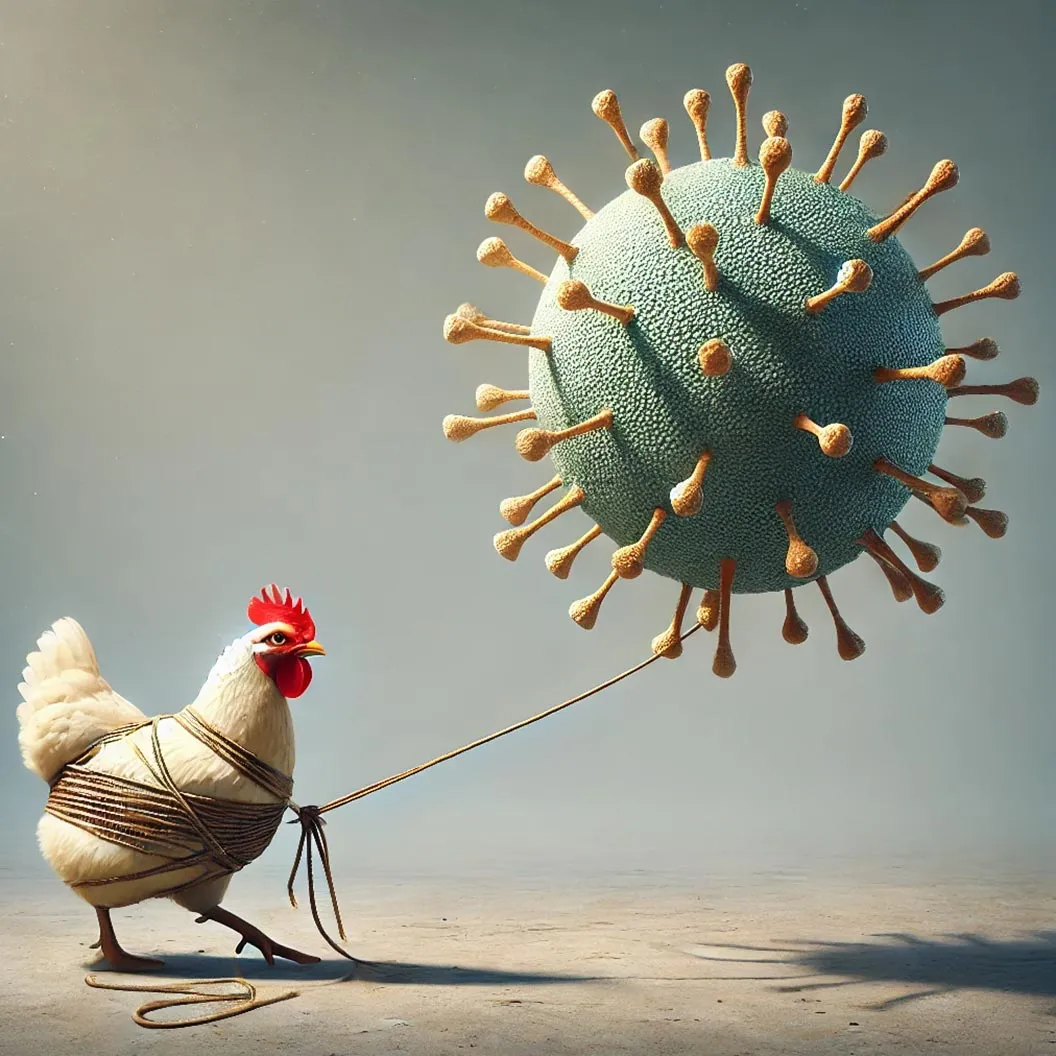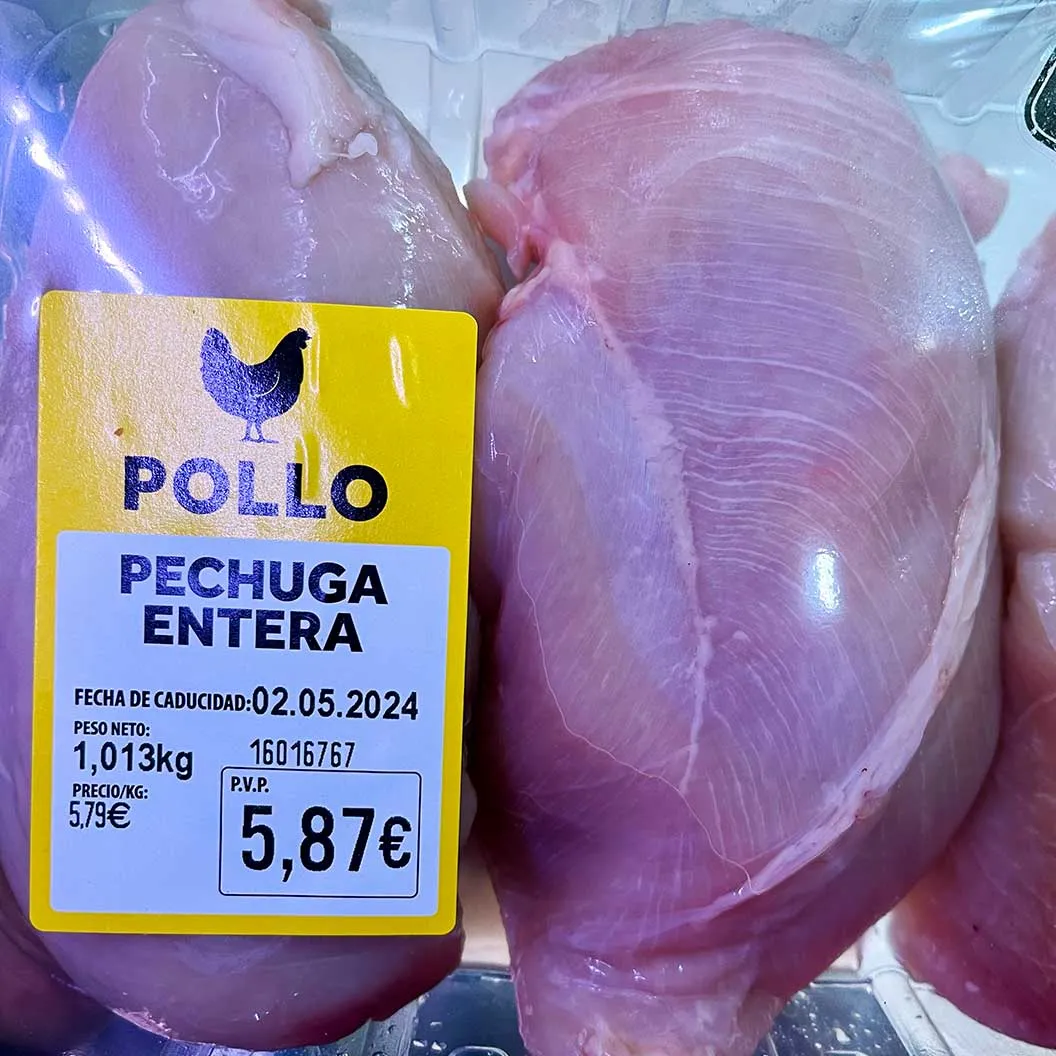Health alert: over 70% of Lidl chicken in Spain contaminated with antibiotic-resistant bacteria
In June 2024, we revealed a concerning reality about the chicken sold in Lidl supermarkets in Spain.
18/06/2024
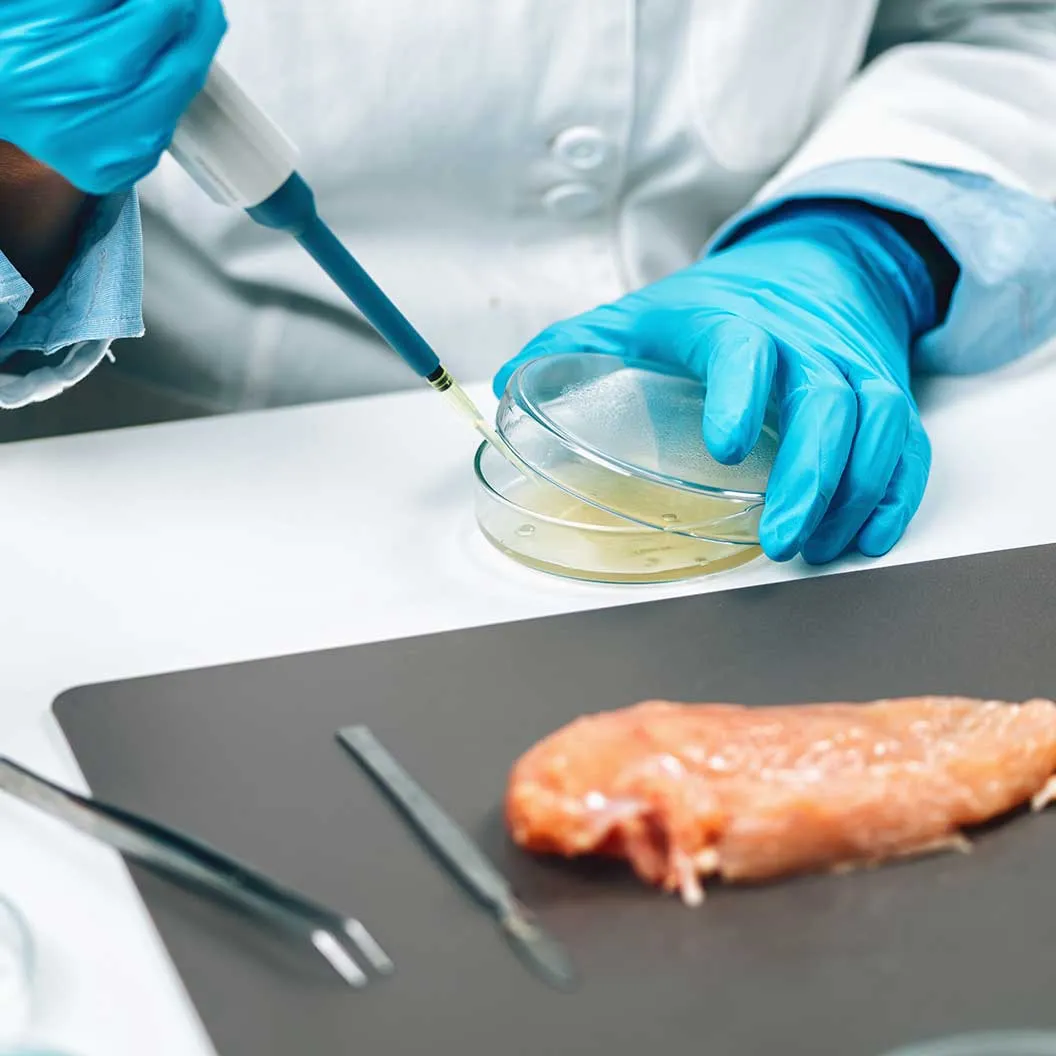
In June 2024, we revealed a concerning reality about the chicken sold in Lidl supermarkets in Spain: more than 70% of the samples analyzed were contaminated with antibiotic-resistant bacteria. This study, conducted on 142 chicken products across five European countries, highlights the serious public health risks associated with the consumption of these products.
The results are alarming for Spain, which leads the ranking with 71% of contaminated samples, surpassing countries like Germany and the United Kingdom. Additionally, 83% of the Spanish samples contained diarrheal pathogens such as Escherichia Coli and Campylobacter, while 38% tested positive for Listeria, a particularly dangerous bacterium for individuals with weakened immune systems, pregnant women, and the elderly.
In Spain, around 3,000 people die each year from infections caused by antibiotic-resistant bacteria
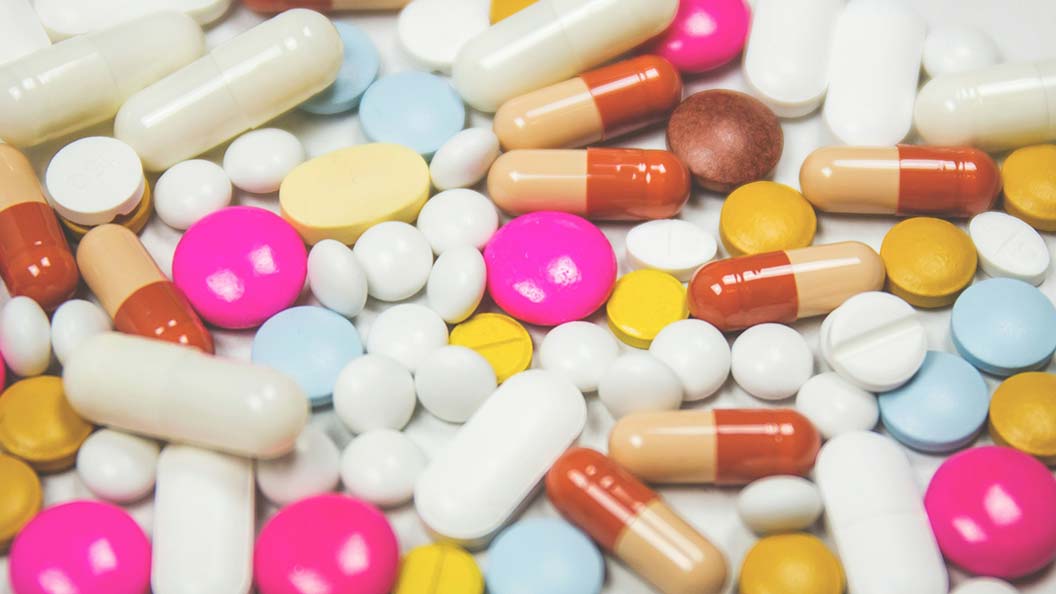
Antibiotic resistance, one of the major concerns in global public health, is at the root of these findings. According to experts like Professor Eduardo Costas from the Complutense University of Madrid, the overuse of antibiotics in intensive animal farming is one of the key factors that has led to this crisis. Resistant bacteria not only affect those who consume contaminated products but can also spread into the environment, increasing the risk for the entire society.
The study has been brought to the attention of the Ministries of Consumer Affairs and Agriculture, who have been urged to launch a thorough investigation into the safety of the chicken meat sold at Lidl. Julia Elizalde, campaign manager for the Animal Welfare Observatory (AWO), has emphasized the urgent need to reduce animal density on farms to prevent the excessive use of antibiotics, which creates an environment conducive to the spread of dangerous pathogens.
The situation is so dire that specialists like Dr. Imke Lührs have advised against purchasing chicken products from Lidl due to the high risk of contamination
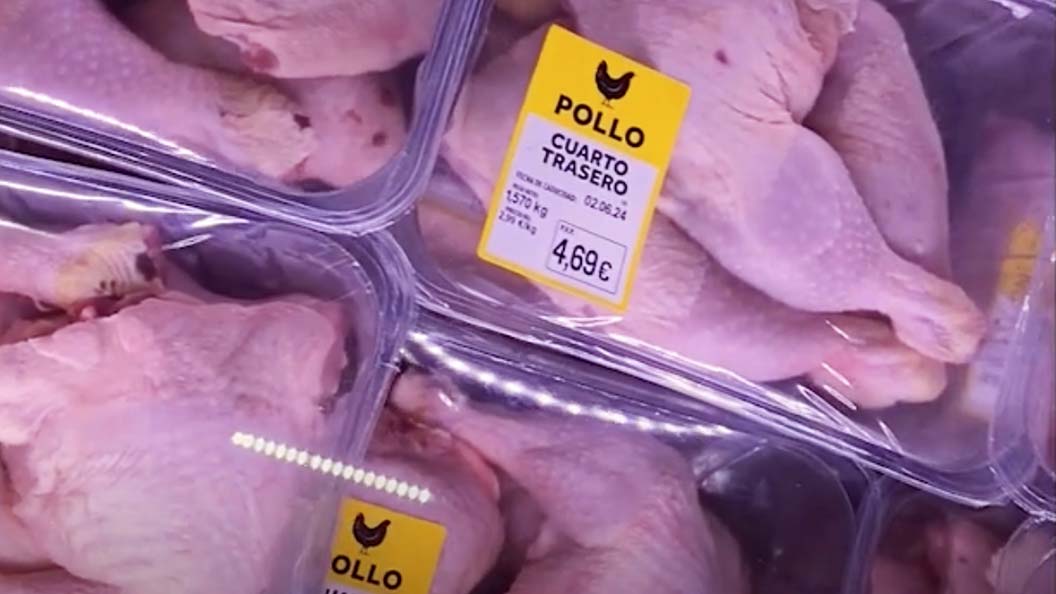
Improper preparation of contaminated meat can result in severe infections, particularly in individuals with pre-existing conditions or those undergoing antibiotic treatment for other reasons.
In light of these findings, the Animal Welfare Observatory has called for the urgent intervention of authorities to ensure food safety and protect public health. The organization has also urged Lidl to review its farming practices and adopt stricter measures to reduce the need for antibiotics and improve animal welfare, thus preventing the spread of resistant bacteria and other pathogens.




